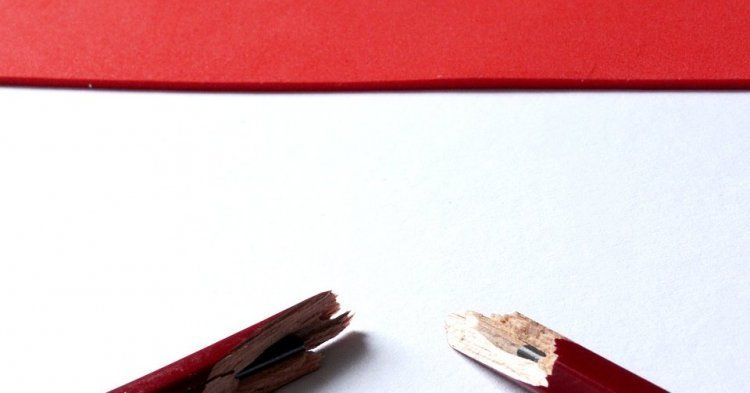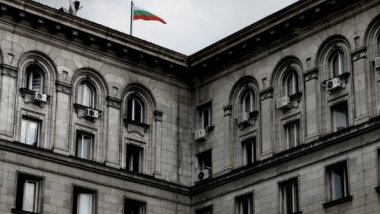Juuso Järviniemi, Editor-in-Chief of The New Federalist: Until we can take it for granted
It is telling that this European Perspective has to exist in the first place. We write European Perspective pieces about topical themes. You wouldn’t want the World Press Freedom Day to be something that Europeans need to be overly fussed about. You would prefer constraints on press freedom to be something that used to be a widespread problem in our society, but no longer is, like polio.
But here we are, and press freedom needs to be actively defended in the European Union, in 2018. So we do. We have repeatedly criticised governments, including Viktor Orbán’s Fidesz-led Hungarian government, for curtailing free press. Our previous European Perspective, discussing the topic, was translated into Hungarian. Kurier Europejski is filling an important gap in the Polish media sphere. In several statements, JEF-Europe has stood up for press freedom as a European value.
Polio can be cured by vaccinating people, and modern medicine has all but succeeded at eradicating it off the face of the earth. Attacks on press freedom may come back from around the corner at the very moment you thought the job was done. But like polio, it may be possible to take threats to press freedom off the agenda for good. Earlier in his mandate, Finland’s Prime Minister Juha Sipilä faced an immediate and forceful backlash when he sought to influence the public broadcaster’s coverage by sending angry emails to editors. Such a reflex is what we need. We will keep defending press freedom until that reflex develops across Europe - until we can take freedom for granted.
Laura Mercier, Editor-in-Chief of Le Taurillon: A freedom to defend and journalists to honour
Today is the 25th World Press Freedom Day. This is an opportunity to inform and recall the principles of press freedom. Press freedom is the first of the four human rights set out in the Declaration of the Rights of the Man and of the Citizen of 1789. Press freedom is a precious right, it is inherent in the freedom of opinion, freedom of expression and de facto inherent in democracy. Too often still, we take it for granted. We ourselves benefit from and use this freedom everyday by publishing opinion and news articles in several languages, and by developing this participative media whose first objective is to give the floor to each and every one of us. It is a freedom to cherish, but also and above all to defend. Because when freedom of the press is violated, threatened and hindered somewhere in Europe or anywhere else, we are all concerned.
That is why May 3rd is an important day to remember and pay tribute to censored, imprisoned and killed journalists for informing, for exercising this precious freedom. It’s a day to pay tribute to their work, to their publications that have been censored, suspended, even condemned.
As Voltaire said, “The right to say and to print what we think is the right of every free man from whom we cannot deprive him without exercising the most odious tyranny.” Tyranny is no stranger to the 21st century, it is not an evil of the past. Tyranny has no borders, but neither has freedom. The European Union must act to protect and defend this precious freedom which is being threatened and oppressed by 21st-century tyrants in its own borders. The European Union must also use its voice to defend this universal freedom outside of its borders, in the name of democracy and European values. As for us, we will continue to exercise our right and we will continue to give the floor to all those who wish to express themselves and inform others and, to “speak out for those who are silenced”.
Gesine Weber, Editor-in-Chief of Treffpunkt Europa: Press freedom – the EU has an obligation
On April 25, the international NGO Reporters Without Borders published their yearly report on press freedom in the world, which assesses for instance the situation of journalists, the independence of media, censorship and legal conditions. The most shocking result of this report is that there is no region in the world where the situation of press freedom has deteriorated as rapidly as it did in Europe. This development is more than alarming: while some European countries like Sweden or the Netherlands are being ranked in top positions, Europe faces growing discrepancies between its best pupils in class and those member states which systematically hurt press freedom, where journalists are murdered because of their profession, and where the critical press which could report on these events is either censored or nationalised by coercion.
On the occasion of the World Press Freedom Day, it is our obligation to assert that press freedom is not subject to national borders. When the report of Reporters without Borders refers to the recent developments in Europe as the “erosion of the European model”, this has to be a wake-up call for the European Union to firmly confess itself committed to what it laid down in its founding treaties: According to article 2 of the Lisbon Treaty, the European Union is founded on the values of respect for human dignity, freedom, democracy, equality, the rule of law and respect for human rights - and that this latter has to include press freedom is not only an evident matter, but can also be found in the EU Charter of Fundamental Rights.
Brussels must not stand and watch significant violations of one of the most fundamental criteria of functioning democratic systems in more and more member states: The EU has to issue warnings to member states when journalists are threatened, persecuted or arrested on the basis of poor excuses. When the free press is systematically being eliminated, it has to insist on compliance with this fundamental right and has to react when the red lines of the fundamental rights are overstepped - if necessary, with the means of its sharpest sword, the procedure on the violation of its values laid down in Article 7.
An article by Paweł Piasecki of Kurier Europejski will be published separately.





Follow the comments: |
|
